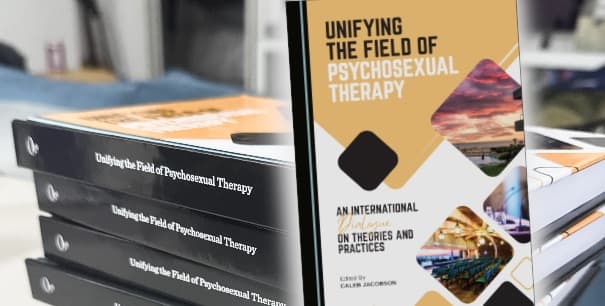ADHD & Autism: Is the problem Now or Not Now?
People with autism, ADD/ADHD, or trauma may struggle with assigning a problem or event to a specific time, and this time blindness can get in the way of relationships. I’m presenting a simple technique that can help anyone in a relationship who has experienced a past pain that resurfaces in the present.
Think about the anatomy of the brain. Deep inside, near the brain stem, is the amygdala. The portion of the brain is responsible for detecting and reacting to danger and controls fight, flight, freeze responses. The amygdala does not know time— a danger from the past is functionally equivalent to a danger in the present. There is a strong evolutionary drive for this time blindness: Surviving our first exposure to a danger can only keep us safe when the past is as real as the present. This immediate and uncontrollable neural reaction is a wonderful thing when we see a saber-tooth tiger crouching by the path and we immediately turn and run. It is less wonderful when the external stimulus was an argument with your partner that happened years ago.
The problem in relationships arrises when the amygdala triggers us into a fight, flight, freeze response to a memory or conversation about an event in the past that is only in the past. Here’s an example. You and your partner had a big fight several years ago. The fight was damaging enough that it threatened your relationship. In the two subsequent years, both of you have diligently worked to repair the rupture.
Fast-forward to the present. You continue to work really hard at being a better partner. One evening, your partner shares a hurt from two years ago the two of you haven’t fully resolved. Their hurt feels as real today as it originally did. If you’re anything like me, your amygdala takes over and you feel a sense of dread and shame that you screwed up and blew it again. You feel you can’t do anything right. You begin to relive the anxieties and fears of the fight from two years ago. Every self-destructive rumination you experienced floods back in. You question if you’ll ever be a worthy partner again.
For many of us, time is an artificial construct to the human brain. The deeper parts of our brains that work to keep us safe do not know time or space. Utilize the strengths of your cortex to ask the question that defines time and space: “Is this about now or not now?”
Addressing the pains and ruptures of the past is healthy and will strengthen your relationship, enable communication, and rebuild intimacy. Continuing to cause new pains and ruptures is not healthy for a relationship. Knowing the when of an issue helps you to gauge your performance and the strength of your relationship and allows you to act accordingly to change your actions or comfort your partner in their current experience of past pains.
If this describes feelings you have experienced, make an appointment or give us a call and let’s see how we can help you.







